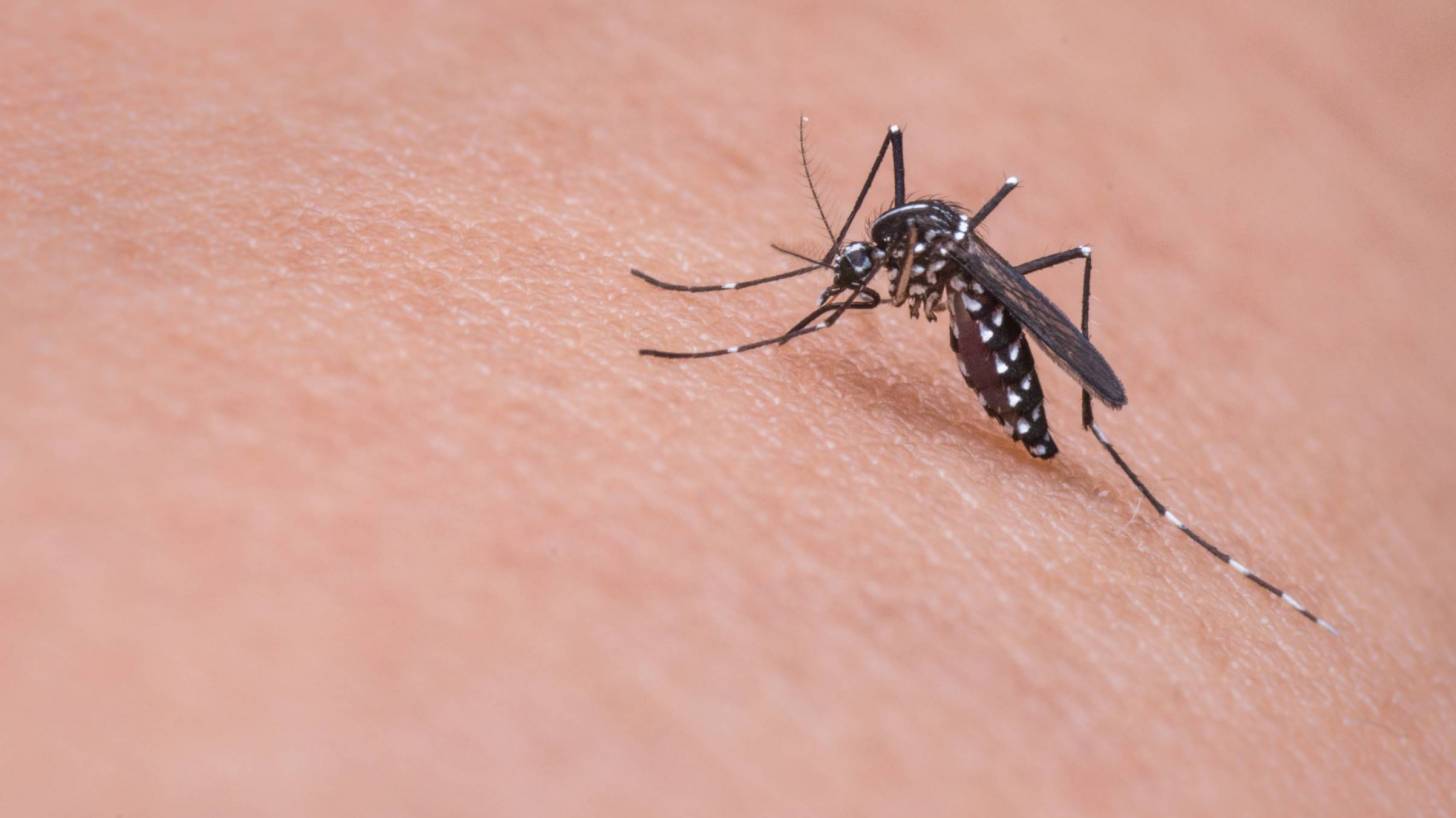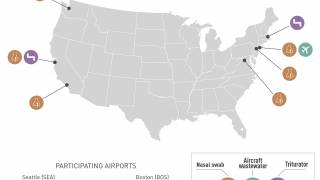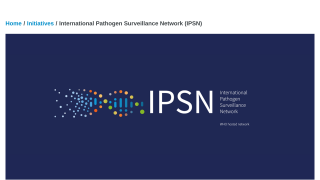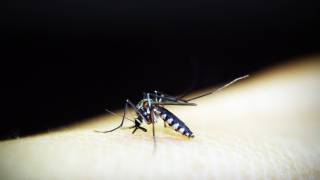Dengue in the Philippines Slowing Down

There is some good and bad news regarding the Dengue virus in the Philippines.
During 2017, health officials have reported a total of 97,287 dengue cases, including 526 deaths.
So, where is the good news?
These results are 41 percent lower (167,102) than the same period in 2016, according to the World Health Organization.
Over the past two years, the Philippines have reported more than 200,000 dengue fever cases.
This decrease may be related to the 2016 launch of The Philippines' Department of Health launched a school-based immunization program in highly affected areas, making it the first country where the vaccine is commercially available.
It took the multinational pharmaceutical company Sanofi Pasteur more than 20 years to develop the vaccine with clinical trials in five Asian and five Latin American countries where dengue is endemic.
While Sanofi’s Dengvaxia was the first vaccine approved for dengue, it does not protect equally against the four different strains of the virus in trials.
The Dengvaxia vaccine is not recommended for use in children under 9 years of age and in special populations such as pregnant and lactating women, HIV-infected individuals, travelers, and healthcare workers.
A live attenuated tetravalent vaccine candidate against dengue, known as TAK-003, was reported to be effective against all four serotypes of the virus, according to researchers.
This vaccine candidate reduced risk of infection by 71%, according to the findings published in the Lancet Infectious Diseases.
This vaccine candidate, TAK-003, is comprised of a molecularly cloned attenuated strain of dengue serotype 2 (DENV-2), and engineered strains of dengue serotypes 1, 3 and 4 (DENV-1, DENV-3 and DENV-4).
Takeda Pharmaceutical expects results from the TAK-003 Phase III trial in 2018.
Dengue is a viral infection transmitted by the bite of an infected mosquito, which may also transit the Zika virus.
Dengue virus threatens up to 40% of the world’s population and is a leading cause of serious illness and death among children. Around 70% of dengue fever cases occur in Asia, according to the World Health Organization.
Dengue viral infections can result in a range of symptoms. The most severe cases resulting in Hemorrhagic Fever/Dengue Shock Syndrome, which can cause blood vessels to leak and organs to fail.
There are four closely related, but antigenically different serotypes (DEN1, DEN 2, DEN 3, DEN 4) of the virus that can cause dengue.
According to the Centers for Disease Control and Prevention (CDC), you should be up to date on routine vaccinations while traveling to the Phillippines.
These vaccines include measles-mumps-rubella (MMR) vaccine, diphtheria-tetanus-pertussis vaccine, varicella (chickenpox) vaccine, polio vaccine, and the yearly flu shot. Hepatitis A vaccine and Typhoid are recommended to most travelers. The CDC recommends additional vaccines to some travelers.
Ask your doctor or pharmacist what vaccines and medicines you need based on where you are going, how long you are staying, what you will be doing, and if you are traveling from a country other than the US.
The CDC vaccine price list can be found at this webpage.
Vaccine discounts can be found here.
Our Trust Standards: Medical Advisory Committee

























